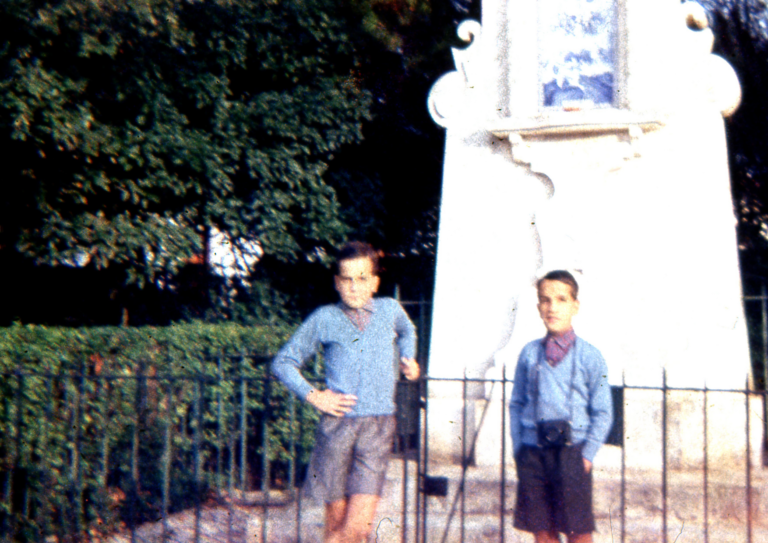March 2021. One full year in the same country, an absolute first for me. A first I never wanted. I can’t remember not travelling abroad. The oldest memory I can recall is me seated with my little brother in the back seat of our Opel Olympia, travelling from Porto to Galicia. My parents told me I was three months old the first time I went there. They loved travelling, and they took us everywhere they went. By the time I finished high school, I knew most of Western Europe and spoke four languages fluently. At the time, that was very rare. It was costly and tiring too. But it was invaluable. I quickly learned that going abroad afforded us experiences and things we could not have or find at home. I never stopped travelling. Being in a different country made all the difference. Later, I realized the difference was knowing. Travel is the way to glimpse the unique knowledge that every single place contains. The only way.
There is a growing belief that digital tech will be a substitute for travel. More specifically, that videoconferencing and other applications of digital tech are a substitute for business travel. I do not share such beliefs. Sure, I can partially sense a faraway location from my room, enjoy a tech-mediated meeting with people there, perform a tech-mediated activity remotely, and my avatar can go and interact with local avatars anywhere in some metaverse. All that may be wonderful but is not travel. Digital tech augments the expanse of our imagination. But imagination is not travel. To travel is to make the journey. To travel is to experience the travail of the physical journey, the crossing that prepares us to enter and sense a place that is alien to us exactly because we cannot make sense of it from a distance. Without our full sentient experience of a place, we cannot get to know the place nor access the uncommon knowledge it holds for us.

The Covid-19 pandemic dramatically increased the decades-old development and diffusion of digital tech around the world. Such diffusion was already turning globalization into a new form that augments our ability to leverage the world for our local benefit like never before. Information and ideas anywhere could be accessed everywhere else, almost instantly. We don’t need to travel for that anymore. For example, no need to travel for business reviews by popping up in some airport or hotel conference room, just to catch the next flight out. Some barriers exist for such flow of data across parts of the world, but that is not why we will keep on travelling.
We are local beings. We thrive on what is happening around us, not far away. Our senses and emotions, our instincts and intuition, evolved over innumerable generations to be effective when sensing and interpreting the nearby world, here and now. Yet, only a part of what we know here and now can be codified, digitized, communicated, stored, accessed, and reused there and then, in countless places and occasions. Scientific knowledge, to start with. We don’t need to travel anymore to access all the mathematics and physics out there. New scientific knowledge is created by combining existing scientific knowledge. No need to travel for that either. But most of what we know is neither codifiable nor universal like STEM. It cannot be digitized. It is particular to a place – and kept there.
A ‘place’ is not just a stable fragment of a uniform space. It is a situated whole, complex, dynamic, made of the differentiated physical space in its location and all that is in it, we included, as well as the interaction with all that is around it, its past and its future. Each place is an emergence, unique and irreplaceable. Each place contains the specific knowledge that defines it, implicit and immobile. Cultural knowledge, to start with. Local polity, local arts, local customs, local skills, local preferences, and, principally, local ways of learning and producing such local knowledge over time – all shaped by, and shaping the local environment, people, and history. Knowledge that the locals don’t even know they know. Digital tech cannot deal with such messy and sticky knowledge. That is why we will always need to travel.
Travel will keep changing. Business travel, for example, will be more deliberate, more intense, likely to occur less frequently but for longer stays. Long enough to experience the place, interact with its people, allowing for random encounters and for serendipity to strike. But travel all the same. Otherwise, we won’t be able to work together without being together. Because travel makes the difference that matters.